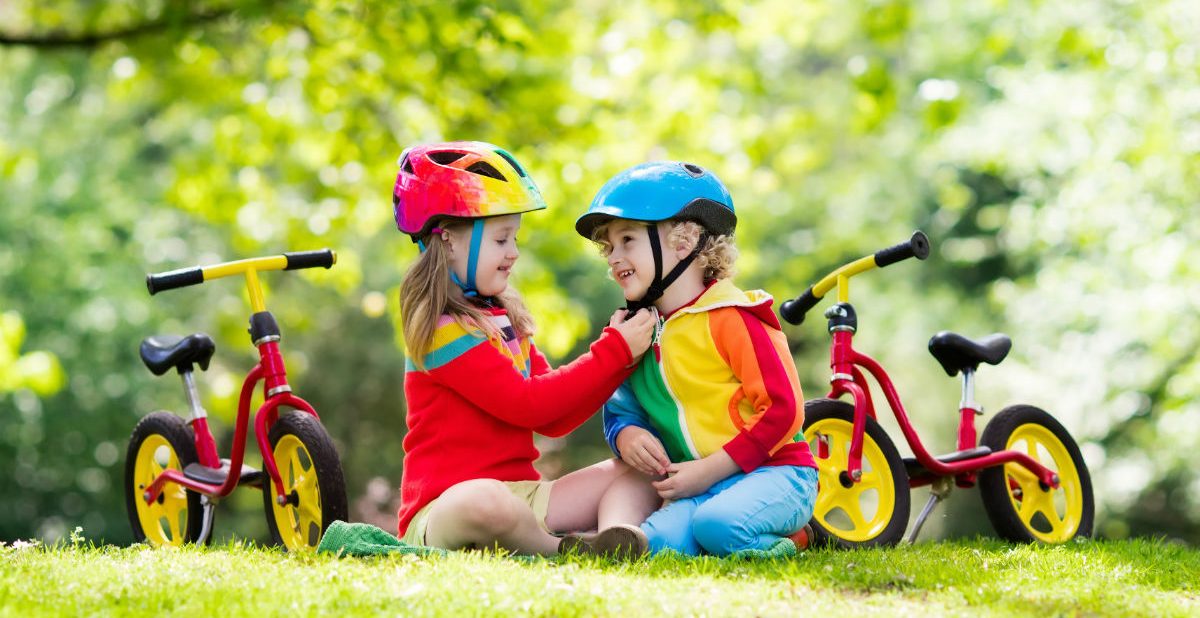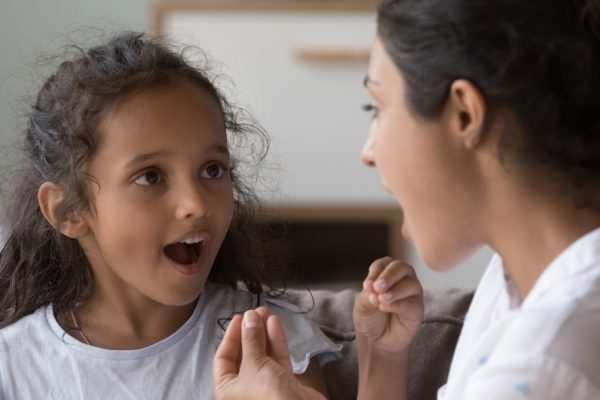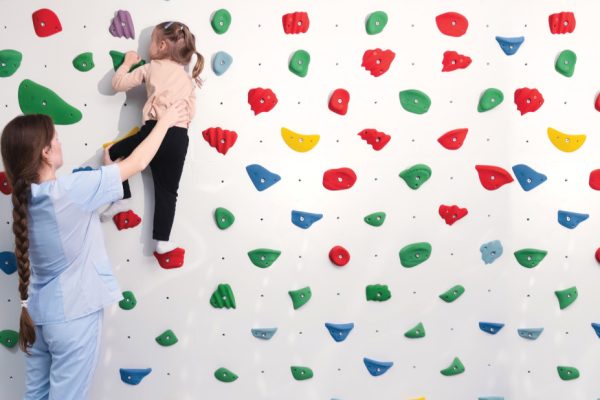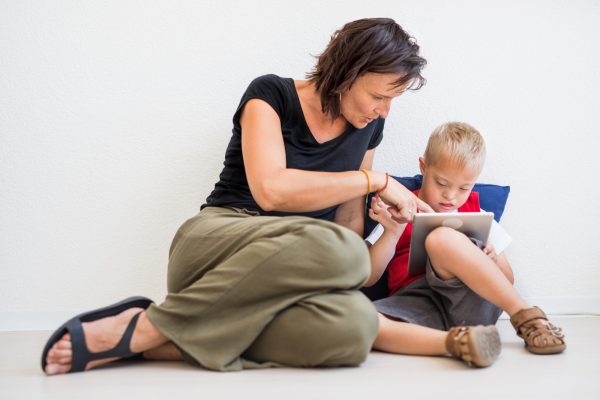
Let’s go ride a bike: getting ready to ride
by Trish Hill
Cycling is a wonderful activity for children of all ages to enjoy. With the right supports, any child can enjoy cycling if they’re keen!
The most obvious reason to get your child involved in cycling is that it’s a fun way to be physically active. In general, children across Australia don’t meet the World Health Organisation guidelines for physical activity of at least 60 minutes a day and, unfortunately, kids with disabilities are even less likely to get their full daily dose of activity.
The great news is that getting out on a bike is a wonderful way to be active, which improves mental and emotional health. When a child is more active, they sleep better, are better able to maintain a healthy weight and develop healthy bones, joints and muscles.
CAN ANY CHILD CYCLE?
The quick answer to this is yes! Just about every child who is preschool age (and some kids who are younger) can be supported to start cycling. It’s just about figuring out what each child is able to do, and where they need extra support.
You don’t have to be able to walk, stand, sit or even hold your head up on your own to be able to cycle, as long as the supports are right. In the past, it was only kids who could “nearly ride” a typical two-wheel bike who were considered as having the potential to ride, but now kids of all abilities can be supported to start their cycling journey.
WHERE DO I START TO GET MY CHILD CYCLING?
Begin by considering what your child’s abilities are. What can your child do in terms of their mobility, balance, flexibility and body control? If your child has challenges in any of these areas, a therapist like a physiotherapist may be able to help to both assess your child’s current capabilities, and give you strategies to help build on these or support them while cycling.
Next, think about your child’s ability to concentrate, follow instructions and to persevere with new skills. Understanding where they are at helps you structure your cycling sessions in a way that presents them with the “just right challenge”. Pitching the session right gives children just enough challenge to push themselves without getting too frustrated or losing motivation.
Consider your child’s motivation for wanting to cycle, so you can assist in motivating them when they come across challenges. What would cycling mean for your child?
Gathering this information will help the therapist to suggest some cycling options which will provide the support your child needs so you can try some cycling options together.
WILL NDIS FUND MY CHILD’S CYCLE?
If your child is able to manage riding a typical bike, (with or without training wheels) NDIS is unlikely to fund them a cycle. If your child needs more supervision or assistance to ride a typical bike than other children their age because of their disability, NDIS may fund someone to help your child ride. This person might be a physiotherapist who can teach riding skills, or support worker who can help them be safer when they’re cycling or practice their skills.
If additional postural supports are required in the cycle for your child to ride, NDIS may cover some, or all of the costs associated with the cycle. On some occasions, families may be asked to contribute (equivalent to the regular cost of a bike) towards an appropriate cycle.
When talking to the NDIA about cycling be sure to frame your goal from the perspective of participation. Think about your child’s cycling goal. What would cycling allow your child to participate in? For example, will you go on rides with the family on weekends? Will cycling provide increased social opportunities by riding with friends? Or will it allow your child to have increased independence by riding to school?
Remember that all children need support and supervision to learn to cycle, and it can be a scary time for kids and parents alike. Riding safely is always the goal, but so is having fun! Weigh up any potential risks with rewards.
If you’ve had a go, and your child isn’t keen or they’re not having fun, perhaps the timing isn’t right for them. Don’t worry, there are plenty of other active options to try that they may also enjoy.
Supporting your child to cycle can help them to have fun being active – what an amazing life-long gift to give your child!
Trish Hill is a physiotherapist with Everyday Independence. She has many years experience supporting people living with disabilities to live to their potential and enjoy an everyday life. www.everydayind.com.au







